GoMining CEO bullish on Bitcoin: “The mining business remains profitable”
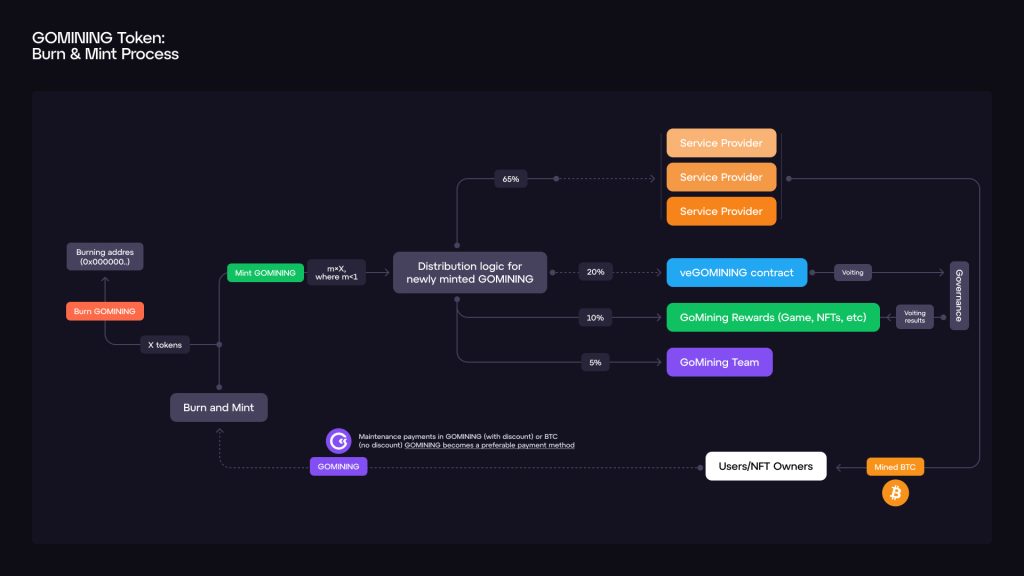
The aftermath of the Bitcoin halving event has created challenges for miners, even forcing some out of the network due to reduced income. However, GoMining offers a solution through its unique NFT-based approach, making Bitcoin mining accessible with lower barriers to entry.
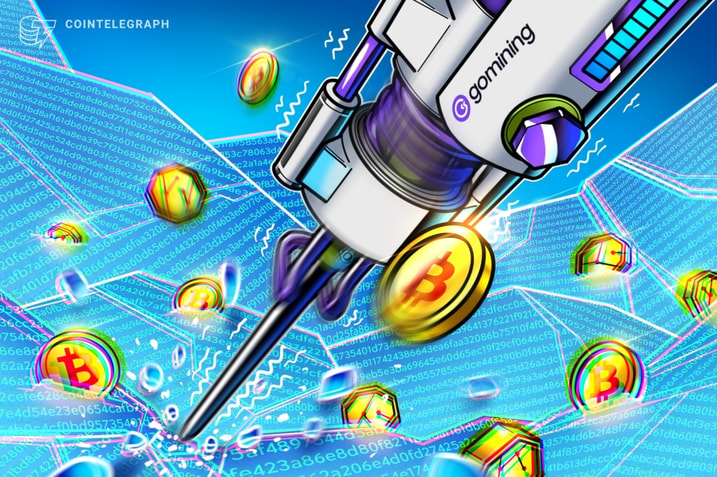

The post-halving environment for Bitcoin mining presents a mixed picture. Miners struggle with reduced income, forcing some to leave the network. This decline is mirrored by a decrease in mining difficulty. While innovations such as the Runes protocol and Ordinals haven’t yet reached their full potential, their activity has also declined sharply.
Looking ahead, there’s cautious optimism. As with previous cycles, Bitcoin could rebound in the coming months. Industry leaders such as Mark Zalan, CEO of GoMining, remain optimistic about Bitcoin’s long-term prospects while acknowledging the current challenges. He shared his views and the company’s unique approach to making Bitcoin mining more affordable during Cointelegraph’s recent AMA session.

“GoMining has a clear mission,” said Mark Zalan, “to make Bitcoin mining accessible to virtually anyone with an internet connection and literally any budget to start with.” They accomplish this by tokenizing their mining equipment’s computational (hashing) power and energy efficiency, and then associating those tokens with special NFTs. Holding a GoMining NFT gives users access to ownership of real shares of Bitcoin mining power that generates mining rewards on a daily basis.
But there’s an important twist. GoMining NFTs aren’t tied to a single, specific mining machine. Instead, they represent a share of a pool of computing power known as the “liquid Bitcoin hash rate” or LBH. “We decided against tying NFTs to individual machines,” Zalan explains, “because that would reintroduce the limitations we were trying to avoid. A particular miner can break down, lose efficiency, need repair, or become outdated.”
The Liquid Bitcoin Hashrate NFTs offer greater flexibility. Users can upgrade their share of hashing power or energy efficiency to optimize their returns. They can also resell their LBH NFTs on GoMining’s marketplace or even on popular platforms like OpenSea and Getgems, providing a level of liquidity often lacking in traditional mining investments.
Transparency is a key pillar of GoMining’s reward system, according to CEO Mark Zalan. “Rewards generated by the entire mining pool are shared proportionally,” he explained, “based on the user’s NFT share of the total hashing power, minus maintenance and service fees.” Users have the flexibility to choose how they receive their rewards – daily, monthly, or at any other interval they choose – or to accumulate them for later.
Real-time information is readily available to users. “We are part of the Binance mining pool,” said Zalan, “so you can see all the details about rewards, hashing power, and how your NFT contributes to that power on both our website and the Binance platform.” The company’s other notable partners include Bitmain, a manufacturer of crypto mining servers, and the Bitcoin Mining Council.
The conversation also turned the spotlight on the project’s token, GOMINING. Zalan explained that their original system, where users could easily buy and sell NFTs, created an imbalance. Short-term investments weren’t ideal for funding the long-term growth needed to maintain and expand their mining infrastructure.
“We realized that a sustainable long-term ecosystem required more complexity,” said Zalan. “That’s why we launched the GOMINING token, which acts as a settlement mechanism within the ecosystem. Users who pay their daily maintenance and electricity fees with GOMINING receive a 10% discount, encouraging them to participate in the long-term health of the platform.”
GOMINING plays a central role in fostering a healthy and rewarding ecosystem for users, as explained by CEO Mark Zalan. “Some of the GOMINING tokens are strategically distributed,” said Zalan. “Some go back to the vendors who maintain our mining hardware and keep it running. Another portion is used for staking rewards.”
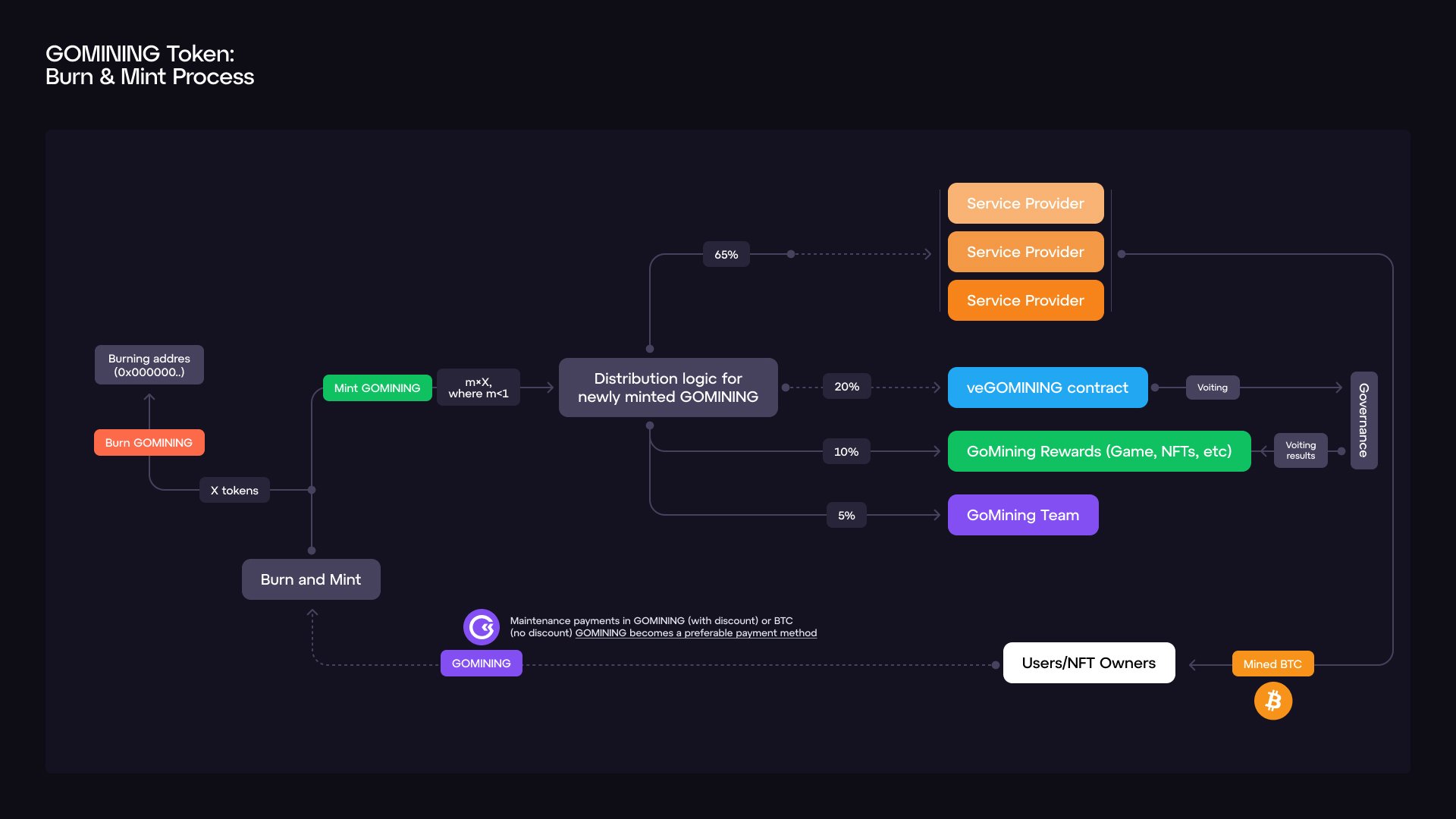
Staking GOMINING gives users more than just additional tokens. It grants them voting rights through special veGOMINING votes received back proportionally to the lock amount that allow users to participate in important decisions that shape the future of the GoMining ecosystem.
“The GOMINING tokens are the lifeblood of our ecosystem,” said Zalan. “They keep value circulating and ensure that everyone benefits as the system grows. This growth is fueled by expanding infrastructure, increasing NFT ownership, and the overall volume of mining rewards flowing through the ecosystem. Everyone who participates – by owning GOMINING tokens, veGOMINING votes, or earning staking rewards – is positioned to benefit.”
Beyond the token system, GoMining has a significant physical presence. “We operate nine data centers specifically designed for Bitcoin mining in different countries,” Zalan noted. “These facilities have a combined processing power of 2.5-3 exabytes.”
Strategic location selection plays a critical role for GoMining. “We prioritize regions with favourable regulatory environments,” Zalan commented. “In addition, we look for locations with excess power generation, where power providers are looking for reliable customers. As a large mining company, we provide a stable and consistent energy demand, which benefits the power providers themselves.”
Zalan highlighted several regions well-suited for Bitcoin mining, both now and in the coming years. He mentioned North America, especially Canada, due to its abundant hydropower resources. Scandinavian countries are also promising, leading the way in developing alternative energy sources and exploring off-grid solutions. The Middle East also offers diverse power generation options, including nuclear and natural gas.
“We think the case for Bitcoin is bullish, it will continue to gain value and adoption,” Zalan concluded. “The way we look at it today, we don’t see any particular reason why that trend should change, stop or be affected in any other negative way. The business has been profitable. And it continues to be profitable. So we’re going to continue to invest in our infrastructure, find new locations, upgrade the hardware and make it more efficient.”

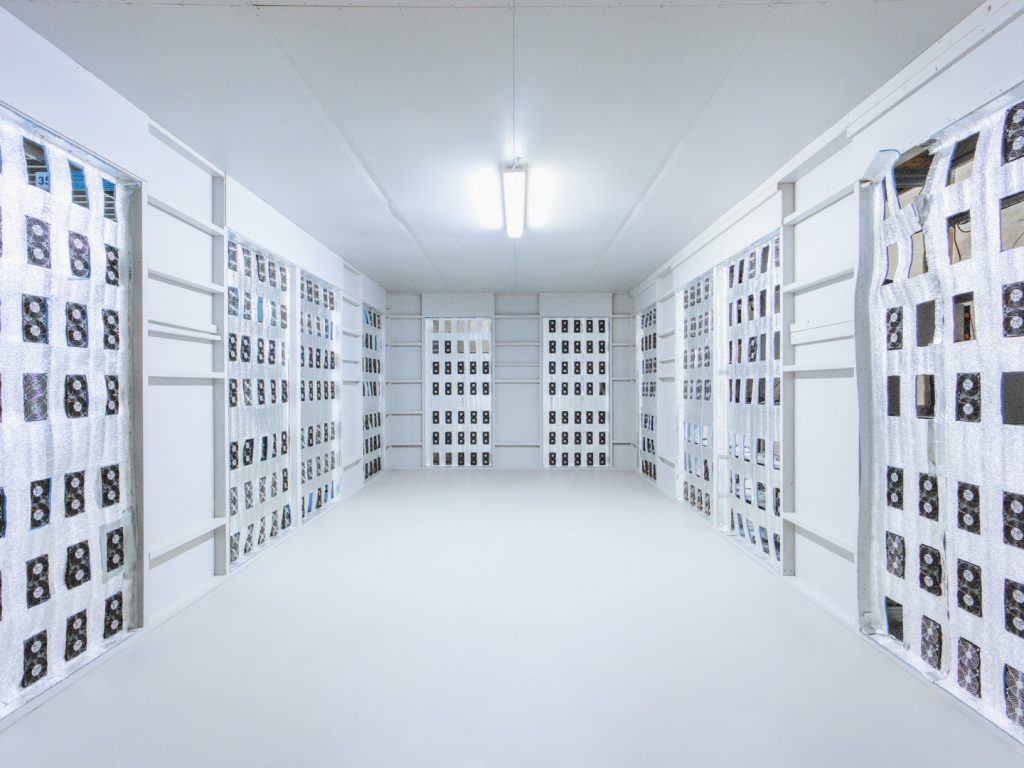
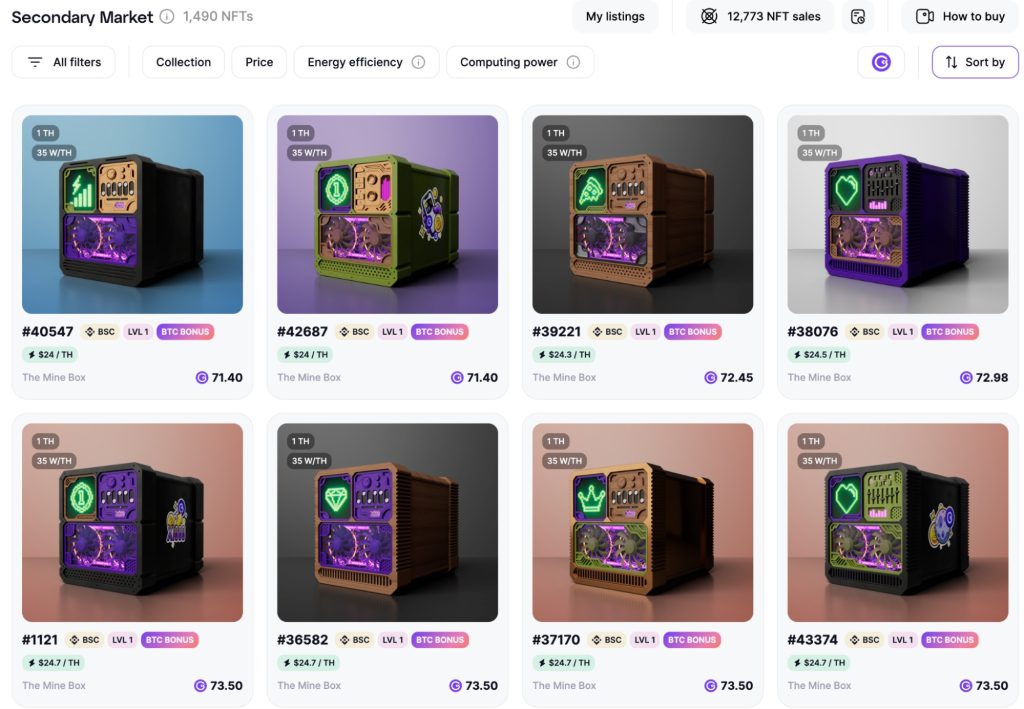
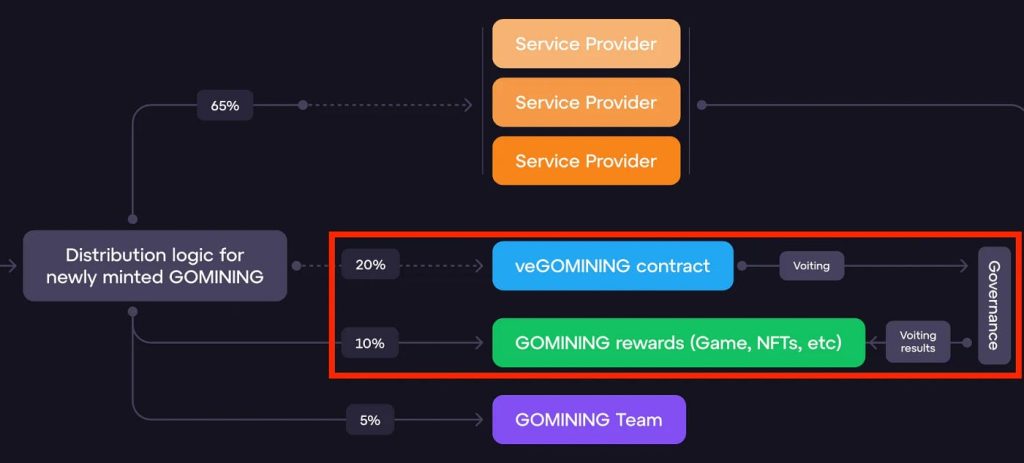
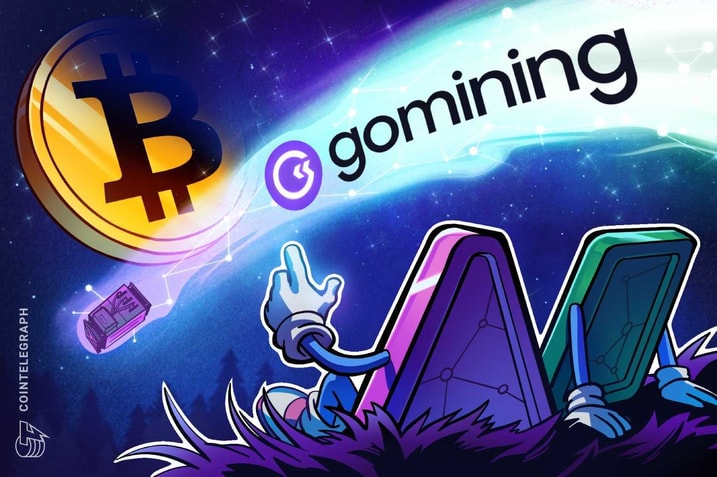
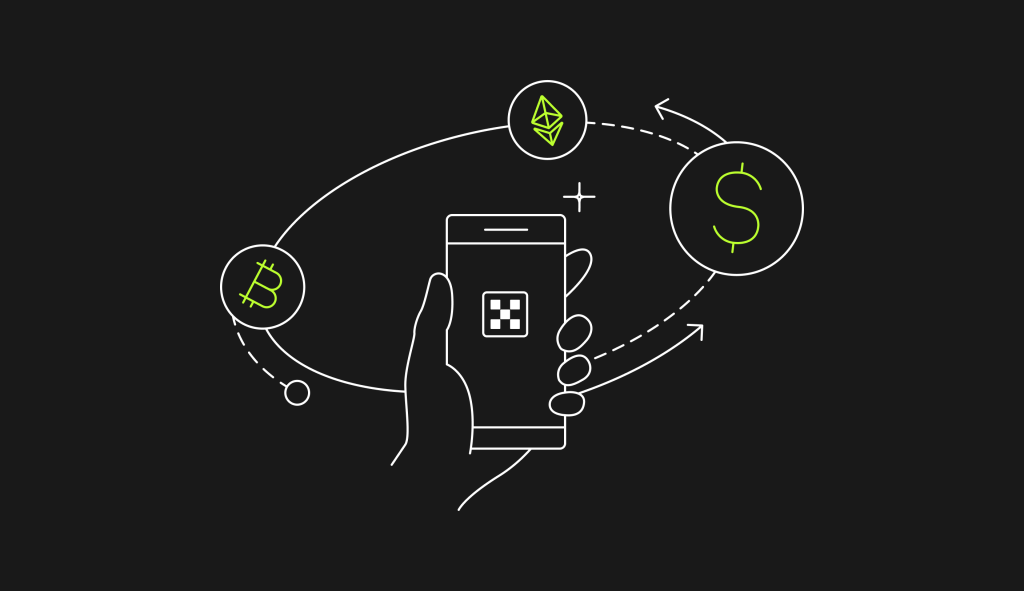
Responses